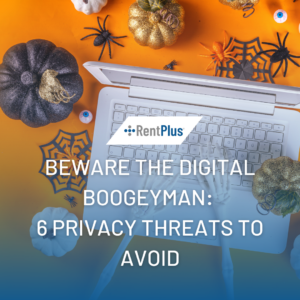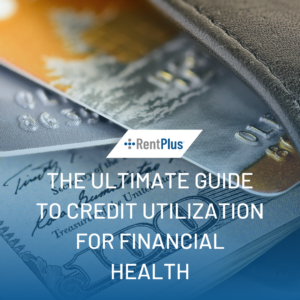Nearly one third of Americans currently have a poor credit score. And many people have no credit at all. In an economy that relies so heavily upon credit scores, it’s amazing to see such an extraordinary amount of people who aren’t taking advantage of this important financial opportunity.
Credit scores can be divided into five different groups:
781 – 850: Excellent Credit
661 – 780: Prime or Good Credit
601 – 660: Near Prime or Fair Credit
500 – 600: Subprime or Poor Credit
300 – 499: Deep Subprime or Bad Credit
So, how does roughly 30% of Americans find themselves with a credit score below 601? Even responsible people can discover they have poor credit or no credit at all. Here are five easy ways you could get a poor credit score:
1. You’re Not Paying Attention. When was the last time you checked your credit score? Did you know that you should check your credit score at least once a year? When you check your credit score, you can ensure all the information is accurate. Checking your credit report on a regular basis will also help you be aware of where your credit score is and if you need to make some changes in your finances to improve your credit score.
2. You Don’t Talk To Your Significant Other About Money. Finances are known to make or break a relationship. If you’re sharing your life with someone, you should talk about money. If you’re not on the same page with finances, things can get out-of-hand and expensive. The best way to work together is to set up a budget that will allow you both to see where the money is coming in and where it’s going out. Talk about finances and work together to pay the bills each month – and don’t forget to set aside fun money for date nights. Don’t let a poor credit score ruin your relationship or your life.
3. You’re Underpaid. While your income doesn’t directly affect your credit score, if you’re not making enough to pay for the necessities, it could hurt your finances. Many people are living paycheck to paycheck each month, just to survive. If any emergencies occur that might require unexpected expenses, you may be tempted to let a bill go unpaid that month, which could then be sent to debt collectors.
It is possible, however, to have a good credit score and a small paycheck each month. If you learn how to budget with RentPlusMoney and live within your means, you could figure out how to make it work. If you’ve cut your expenses as much as possible and still aren’t making ends meet, a budget can help you know how much you’ll need to increase your income to become more financially secure.
4. You Only Have One Credit Card. It’s good to avoid credit card debt. The average credit card debt for households that carry a balance is about $16,000. But when you limit yourself to one credit card, you could hurt your credit score due to utilization.
One of the factors in deciding your credit score is the percentage of your credit limit currently in use. According to FICO, people who are using a high percentage of their credit limits are more likely to have a hard time making payments now or in the future. So, if you have a credit card with a limit of $1,000, and you have a statement balance of $200, you’re using 20% of your credit limit. If you borrow more than 50% of your credit limit, it’ll have a negative effect on your credit score. Most financial advisors will recommend staying below 20% utilization. So, by using two or more credit cards, you’ll have a higher credit limit and, therefore, a higher utilization limit.
5. You don’t have time to budget. Life is busy and no one really has time to sit down and figure out their finances, right? Wrong! Budgeting should be a top priority if you want to be financially secure with a good credit score. If you’re using a good program, like RentPlusMoney, it will do all the hard work for you, so you simply need to check on it occasionally to monitor your expenses.
It can be so easy to fall into bad habits and ruin your credit score. Just ask one third of Americans how they got their poor credit scores. Don’t let yourself fall into that category. If you currently have poor credit or no credit at all, start working hard to improve your credit score today.



